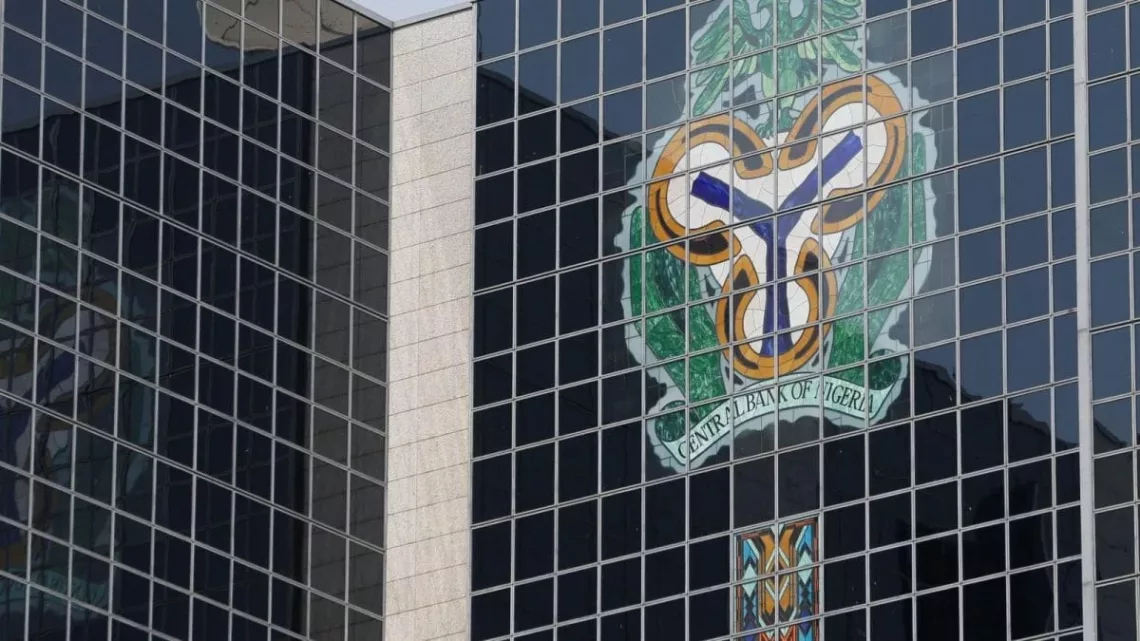Effective Friday, March 1, 2024, bank accounts as well as wallets that do not have Bank Verification Number (BVN) or are not linked to National Identity Number (NIN) will have Post No debit placed on them.
This is sequel to a circular that had been issued by the Central Bank of Nigeria (CBN) in December last year issued a circular to all commercial, merchant, non-interest and payment service banks as well as other financial institutions and mobile money operators to place post no debit on accounts and wallets that do not have BVN and/or NIN.
According to the circular, it is mandatory for tier-1 wallets and bank accounts to have either BVN or NIN while tier- and tier-3 accounts and wallets are expected to have both BVN and NIN. Consequently commercial banks, payment service banks and mobile money operators , many of whom had opened accounts and wallets with just phone numbers have begun sending messages to their customers to link their NIN and/or BVN with their accounts before the March 1, 2024 deadline.
“Post No Debit” is a term used to describe a restriction imposed by banks on specific accounts, preventing customers from making withdrawals, transfers, or any other debits from their accounts. This measure effectively freezes the funds in the account, rendering it inaccessible for the duration of the restriction.
Customers whose accounts are placed on PND, may be able to log in to their accounts online and check balance, but will not be able use the account to make purchases because of restrictions. Similarly, if the customer has multiple accounts (one in bank A, another in bank B) and has a Post No Debit or one account, all the accounts will be affected by the restrictions. While funds can be allowed into the account, any outstanding payment on the account will not go through, as it will bounce.
The rationale behind implementing “Post No Debit” can vary, and it is often introduced as a protective measure by banks and financial institutions in response to potential risks associated with the account or account holder. Common reasons for its implementation include suspected fraudulent activities, irregularities in transactions, account disputes, court orders, or concerns over the account’s solvency.
It is a global phenomenon to freeze any account that is suspected to be used for illegal inflow or outflows or if an account holder is a debtor who fails to pay their debts as when due, a creditor may obtain a court order to stop the debtor from making a further withdrawal from their account balance.
In Nigeria, for instance, a court order is needed to freeze an account, though the Central Bank of Nigeria governor once posited that PND is one of the tools it can deploy to freeze any account. Asides the CBN, banks, government agencies, creditors as well as the police can get a court order to place a PND on any account for the following reasons.
Illegal Activities: Banks routinely carry out checks on transactions (inflow and outflows) and the accounts domiciled with them, any account suspected to have been involved in illegal transactions or suspected to be used for illegal transactions may be blocked.
Irregular Activity: Banks also place a PND if an account that has never received up to N100,000 more than five years since it was opened and suddenly received a credit of N1,000,000. Such activity will send a red flag and the holder may experience a temporary restriction like withdrawing. In this case, even when the credit alert is legitimate, the bank may demand that the holder come to explain the source of the credit.
Suspected Hack: Sometimes, the bank may deem it fit to place a PND on an account if it suspects suspicious behaviour for which the customer is not responsible. Likewise the customer may contact and instruct the bank to stop debit from the account if he notices an unauthorized withdrawal from the account. Many banks have created USSD code that enables customers to execute debit restrictions if they suspect that such account has been compromised.
Debt Recovery: Asides this, a creditor can obtain a court injunction to place the account of a debtor on PND. For instance, in April 2022, Asset Management Corporation of Nigeria (AMCON) got a court order of Post No Debit (PND) against ABG Communications and its founder Engineer Mohammed Bawa Garba pending the disposal of the proceedings for the recovery of debt of N1.7 billion.
Corruption: If political office holder is believed to have mismanaged finances under his watch, the anti-graft agencies or any of the government agencies may obtain a court order to freeze such account till the investigation is completed.





